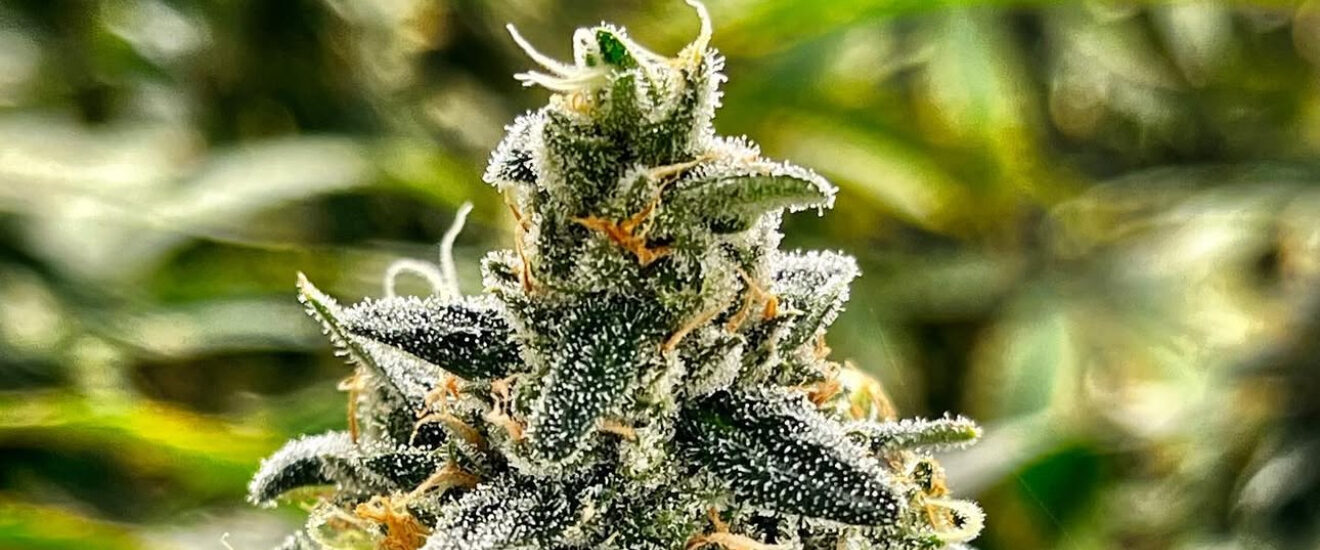On July 25, 2024, the Oklahoma Medical Marijuana Authority (OMMA) released an updated set of permanent rules impacting the state's medical marijuana program. These changes reflect the ongoing evolution of the cannabis industry in Oklahoma and aim to address various operational, regulatory, and compliance aspects. Below, we break down the significant updates and their implications for patients, dispensaries, cultivators, and other stakeholders.
Licensing and Compliance
Streamlined Application Process
The OMMA has introduced a more streamlined application process for new and renewing licenses, reducing paperwork and wait times. Applicants can now submit documents electronically, and the approval process is expected to be faster and more efficient.
Enhanced Background Checks
There are stricter background checks for all applicants, including key stakeholders in cannabis businesses. This measure aims to ensure that individuals with significant criminal histories related to violent offenses or drug trafficking are not involved in the state's cannabis industry.
License Renewal Adjustments
License renewal periods have been adjusted to provide more flexibility. Businesses can now choose between annual or biennial renewals, which could reduce administrative burdens for long-standing compliant operators.
Operational Changes for Dispensaries
Product Testing and Safety
Dispensaries must now adhere to more rigorous product testing requirements. All products must be tested for a broader range of contaminants, including heavy metals and pesticides. This ensures that consumers have access to safer, higher-quality products.
Packaging and Labeling
Updated packaging and labeling rules require clearer information on product potency, ingredients, and usage instructions. Additionally, there are new mandates for child-resistant packaging and tamper-evident seals.
Hours of Operation
Dispensaries are now permitted to extend their hours of operation. This change is designed to provide patients with more convenient access to medical marijuana products.
Cultivation and Production Adjustments
Environmental and Safety Standards
Cultivators must comply with enhanced environmental standards aimed at reducing water and energy usage. There are also new safety protocols to protect workers in cultivation and processing facilities.
Seed-to-Sale Tracking
The OMMA has improved the seed-to-sale tracking system to prevent diversion and ensure compliance. This system now includes more detailed reporting requirements and real-time tracking capabilities.
Pesticide Use
There are stricter regulations on pesticide use, including a list of prohibited substances and mandatory reporting of pesticide applications. This measure aims to protect consumers and the environment from harmful chemicals.
Patient and Caregiver Provisions
Expanded Qualifying Conditions
The list of qualifying conditions for medical marijuana use has been expanded to include several additional medical conditions. This change provides more patients with access to medical marijuana treatments.
Caregiver Rules
New rules clarify the role and responsibilities of caregivers, including the number of patients they can assist and the documentation required. Caregivers must undergo background checks and register with the OMMA.
Home Cultivation
Patients who choose to cultivate their own medical marijuana at home face updated regulations, including limits on the number of plants and requirements for secure growing environments.
Enforcement and Penalties
Increased Penalties for Non-Compliance:
The OMMA has introduced stiffer penalties for non-compliance with state regulations. This includes higher fines and the potential for license revocation for repeated violations.
Anonymous Reporting
A new anonymous reporting system allows individuals to report suspected violations of the cannabis regulations. This system aims to enhance compliance and protect the integrity of the medical marijuana program.
Conclusion
The July 25, 2024, OMMA permanent rules mark a significant step forward in the regulation of Oklahoma's medical marijuana industry. By streamlining processes, enhancing safety standards, and expanding patient access, these changes reflect the state's commitment to supporting a responsible and sustainable cannabis industry. Stakeholders are encouraged to familiarize themselves with these updates to ensure full compliance and continued success in the evolving landscape of medical marijuana in Oklahoma.
For more detailed information, visit the OMMA's official rules document at:OMMA’s Permanent Rules

